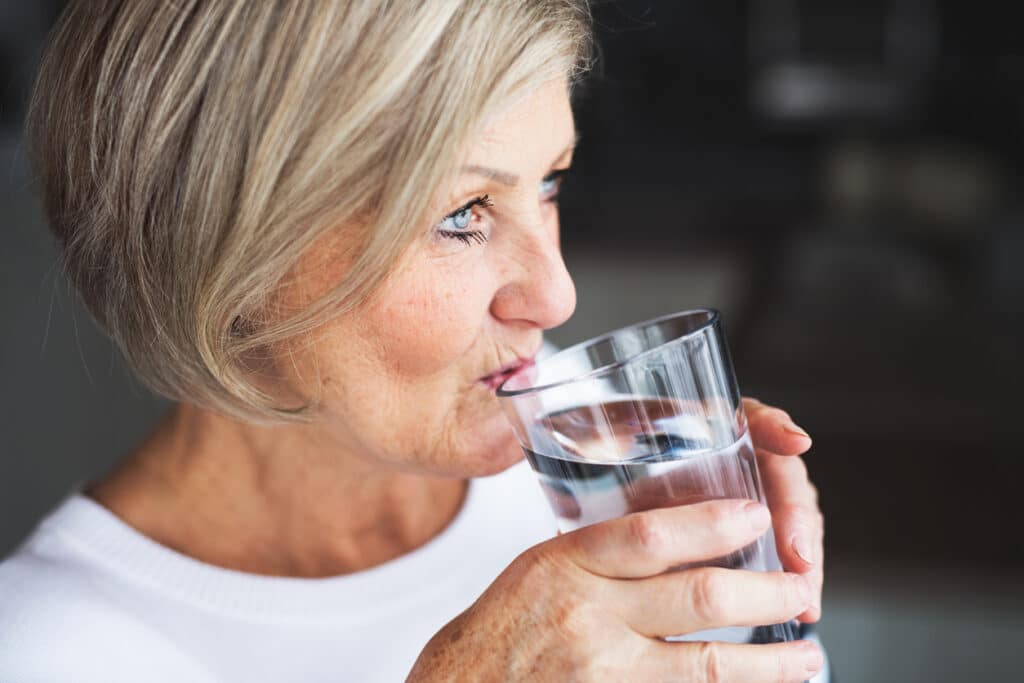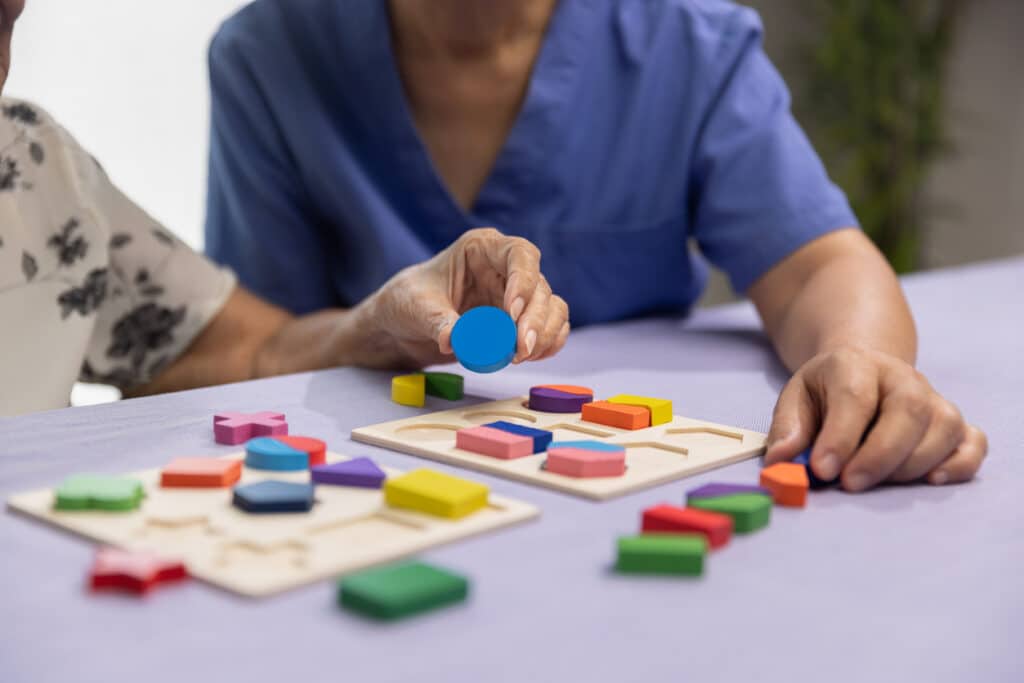Aging is a universal experience that affects every living thing. While the thought of aging might seem scary, understanding the science behind it can empower seniors to adapt healthily to these changes.

The Biological Basis of Aging
Aging is primarily driven by a combination of genetic and environmental factors. At the cellular level, it is characterized by the gradual accumulation of damage to our cells and tissues. This damage can result from a number of places, including stress, damage to DNA and the shortening of telomeres (protective caps at the ends of our chromosomes). Over time, these factors contribute to a decrease in cellular function and the visible signs of aging.
Oxidative Stress and Cellular Damage
One of the main causes of aging is oxidative stress, which occurs when there is an imbalance between free radicals and antioxidants in the body. Free radicals are unstable molecules that can damage cells, leading to inflammation and accelerating the aging process. How do we counteract oxidative stress? It is important to incorporate a diet rich in antioxidants, such as fruits, vegetables, nuts and whole grains. These foods can help neutralize free radicals and protect cells from damage.
The Role of DNA and Telomeres
DNA damage and the shortening of telomeres also play a pivotal role in the aging process. Telomeres are repetitive DNA sequences located at the ends of chromosomes, and they serve as protective buffers during cell division. However, each time a cell divides, its telomeres become shorter until they reach a critical length, leading to cell death. Maintaining telomere length through lifestyle choices like regular exercise, stress management and a balanced diet may help slow down this aspect of aging.
Physiological Changes with Aging
In addition to cellular changes, aging affects various physiological systems in the body, including the cardiovascular, musculoskeletal and immune systems. Understanding these changes can help seniors and caregivers make informed decisions to support healthy aging.
Cardiovascular System
The cardiovascular system, which includes the heart and blood vessels, undergoes significant changes as we age. The walls of blood vessels may thicken and harden, leading to increased blood pressure and a higher risk of cardiovascular diseases. To promote heart health, seniors should engage in regular physical activity, maintain a healthy weight and follow a heart-friendly diet low in saturated fats and high in fiber.
Musculoskeletal System
Aging is often associated with a decline in muscle mass and bone density, increasing the risk of falls and fractures. This phenomenon, known as sarcopenia, can be slowed through resistance training exercises and adequate protein intake. Seniors should engage in weight-bearing activities, such as walking, dancing or weightlifting, to preserve muscle strength and bone density. Ensuring sufficient calcium and vitamin D levels through diet or supplements can support bone health.
Immune System
The immune system also undergoes changes with age, resulting in a decreased ability to fight infections and respond to vaccinations. This phenomenon, known as immunosenescence, can be managed by adopting a healthy lifestyle that includes regular exercise, sufficient sleep and a balanced diet rich in vitamins and minerals. Seniors may also benefit from vaccinations to protect against common infections.
Adapting to Aging for Better Health
While aging is inevitable, there are several steps seniors and their caregivers can take to adapt to the changes and be proactive in taking care of their health.
Nutrition and Hydration

A nutritious diet is crucial for maintaining health as we age. Seniors should focus on consuming a variety of nutrient-dense foods, including lean proteins, fruits, vegetables, whole grains and healthy fats. Staying hydrated is also important, so drink plenty of water throughout the day.
Physical Activity
Regular physical activity is key to maintaining strength, flexibility and cardiovascular health. Seniors should aim for at least 150 minutes of moderate-intensity aerobic activity per week, along with muscle-strengthening exercises on two or more days per week. Activities like swimming, yoga and tai chi can also improve balance and reduce the risk of falls.
Mental Health and Cognitive Function

Mental health is an important aspect of aging well. Engaging in activities that stimulate the mind, such as puzzles, reading or learning new skills, can help maintain cognitive function. Social connections are equally vital, so seniors should make an effort to stay connected with family and friends, whether in person or virtually.
Regular Health Check-Ups
Regular health check-ups are recommended for early detection and management of age-related conditions. Seniors should work with their healthcare providers to monitor blood pressure, cholesterol levels and other health markers. Staying on top of vaccinations and screenings, such as mammograms and colonoscopies, is also important for preventive care.
Contact Renaissance Villages Today
Aging is a complex process influenced by a multitude of biological and physiological factors. By understanding these changes, seniors and caregivers can take proactive steps to adapt to the aging process and maintain a high quality of life.
If you are exploring assisted living options for your loved ones, consider how assisted living communities can enhance their quality of life and promote their independence. Together, we can create a nurturing environment where seniors can thrive and embrace the joys of their golden years. Please reach out today with questions or inquiries into our assisted living communities.

